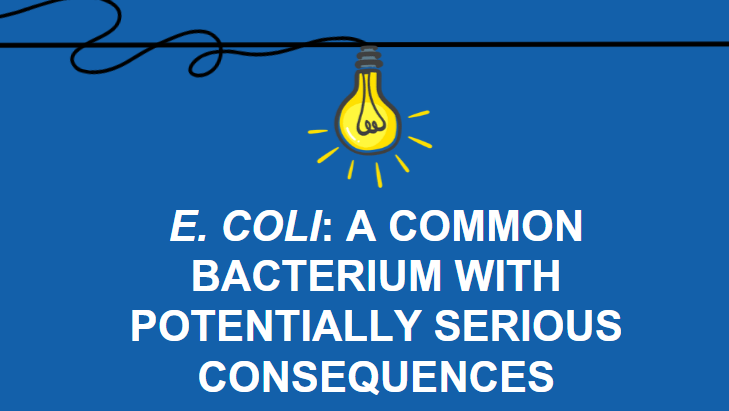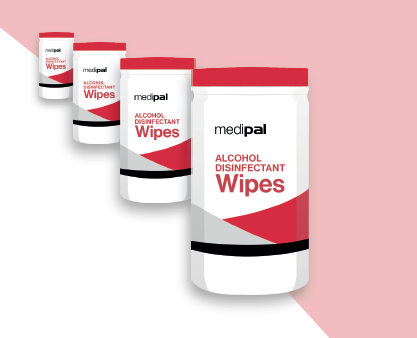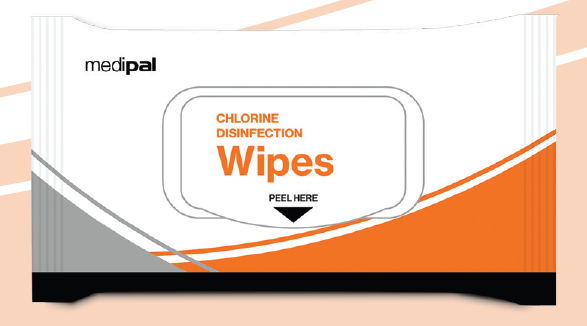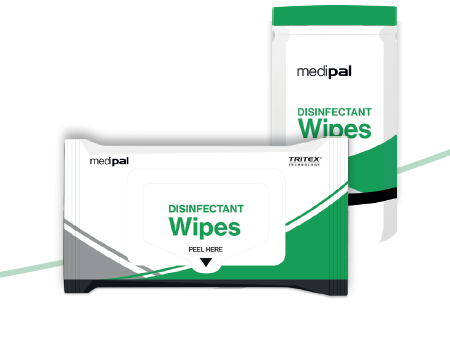What is E. coli?
Escherichia coli (E. coli) is a diverse group of bacteria commonly found in the intestines of humans and animals. While most strains are harmless and play an important role in gut health, some types—such as E. coli O157—can cause serious illness, especially when ingested through contaminated food, water, or surfaces.
The Global Impact of E. coli
- E. coli is one of the leading causes of bacterial diarrhoea worldwide.
- An estimated 265,000 E. coli infections occur annually in the United States alone, with many more globally.
- Certain strains can cause life-threatening complications such as haemolytic uraemic syndrome (HUS).
- E. coli outbreaks are often linked to contaminated food sources, including undercooked meat, raw vegetables, and unpasteurised dairy.
How is E. coli Spread?
E. coli is typically transmitted through:
- Ingestion of contaminated food or water
- Contact with faecal matter, including inadequate hand hygiene after using the toilet or handling nappies
- Cross-contamination in food preparation areas
- Person-to-person spread, especially in settings like care homes and nurseries
E. coli can survive on surfaces for several hours, and in some cases, even days, making surface hygiene essential for breaking the chain of infection.
Symptoms of E. coli Infection
Symptoms usually develop 3 to 4 days after exposure, though they can appear as early as 1 day or as late as 10 days. Common symptoms include:
- Severe stomach cramps
- Diarrhoea (often bloody)
- Nausea and vomiting
- Fever (usually low-grade)
Infectious & Incubation Periods
- Incubation Period: Typically 3–4 days
- Infectious Period: From the onset of diarrhoea until several days after symptoms resolve; some people can carry and spread the bacteria even when asymptomatic
Who is Most at Risk?
While anyone can be infected, certain groups are more likely to experience severe complications:
- Young children
- Older adults
- People with weakened immune systems
- Pregnant women
- Individuals in close-contact environments, such as hospitals, schools, and care settings
Potential Complications
Certain strains, especially E. coli O157, can lead to:
- Haemolytic uraemic syndrome (HUS) – a serious condition that affects the kidneys
- Severe dehydration
- Urinary tract infections (UTIs)
- Sepsis, if the infection spreads to the bloodstream
Prevention is Essential
To help prevent the spread of E. coli:
- Wash hands thoroughly and regularly, especially before eating and after using the toilet
- Cook meat thoroughly
- Avoid cross-contamination by using separate chopping boards for raw meat and vegetables
- Wash fruits and vegetables before eating
- Use proven antibacterial surface disinfectants, especially in food preparation and healthcare environments
The Paltx Advantage
Paltx Surface Disinfectant, Paltx Alcohol Wipes, and Paltx IPA are part of Pal International’s dedicated food industry hygiene range and have been tested and proven effective against E. coli. Designed specifically for use in food production and processing environments, these products support strict hygiene protocols to help prevent bacterial contamination on surfaces and equipment.
With fast-acting, broad-spectrum efficacy, the Paltx range offers solutions suitable for food preparation areas that help protect against the spread of harmful pathogens, contributing to safer, cleaner, and compliant food-handling environments.






